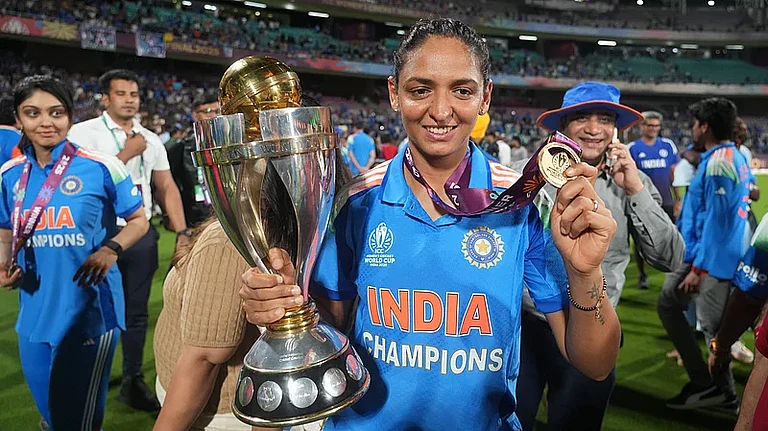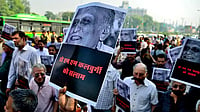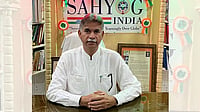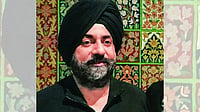Amid a raging legal battle over Gyanvapi mosque in Varanasi and a land dispute between Shri Krishna Janmabhoomi and Shahi Idgah Masjid in Mathura, Faizan Mustafa, an expert in constitutional law and vice-chancellor of Nalsar University of Law, Hyderabad, has suggested that an outside-the-court settlement could be a stepping stone towards lasting peace for the two communities.
“Some unique solution should be sought out by the local Hindu and Muslim communities,” Mustafa told Outlook, adding that the Muslim community should not ‘over-rely’ on the Places of Worship Act 1991. “When religious sentiments are aroused by the political parties, there can’t be an end to such disputes.”
Maintaining that both Banaras and Mathura are sacred for Hindus and there are substantial historical evidence that these places were partially destroyed by Mughal emperor Aurangzeb, he suggested, “The minority community should come forward and show accommodation and large-heartedness.”
Referring to an “ambiguous clause” in the 1991 Act that deals with ancient and historical monuments covered by the Ancient Monuments and Archaeological Sites and Remains Act, 1958, and the recent apex court observations regarding ascertainment of the religious character of a place under POW Act, Mustafa said, “If it is held that it has been a temple all through, the 1991 law won't be applicable. In each of these scenarios, Muslims would be at a receiving end.”
“In Babri mosque case, a legal forum was used. In all adjudications, one party loses the other party gains. Therefore, a give and take are to be done,” he said, adding, “A goodwill is to be created in this environment of hatred.”

Commenting on a flurry of suits filed in the top court demanding repeal of the 1991 Act, Mustafa said, “Even a perfect law can be amended or repealed due to popular demand in a democratic country. A movement can be launched in this regard and it will of course have the government’s sympathy. Similarly, the Supreme Court may also strike down the law since it’s hearing a petition that challenges its constitutionality.”
Asked if the large-heartedness on part of Muslims won’t lead to emboldening hardline Hindu groups that have been trying to appropriate ancient Islamic architecture in India, he replied, “That is what the complication is — where the curtain would fall eventually? The Babri mosque is gone. If these two are given up, the Vishva Hindu Parishad has 3000 mosques on its list. Somewhere the closure is to be brought.”
Explaining the constitutional purpose and rationale enshrined in the 1991 law, he said that “non-retrogression has to be the principle and historical wrongs can’t be undone. If we need to correct history, are we going to restore Buddhist stupas and the Jain shrines as well? Going too much into the past is not good for a modern and a progressive country.”
Read the In-Depth Story -- Places Of Worship Act, 1991: When A Law Itself Is Put To Trial






















